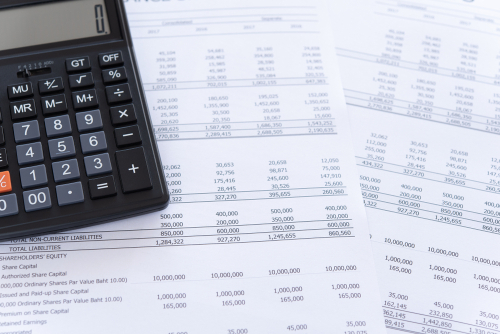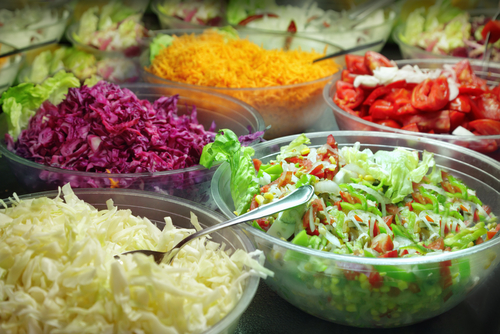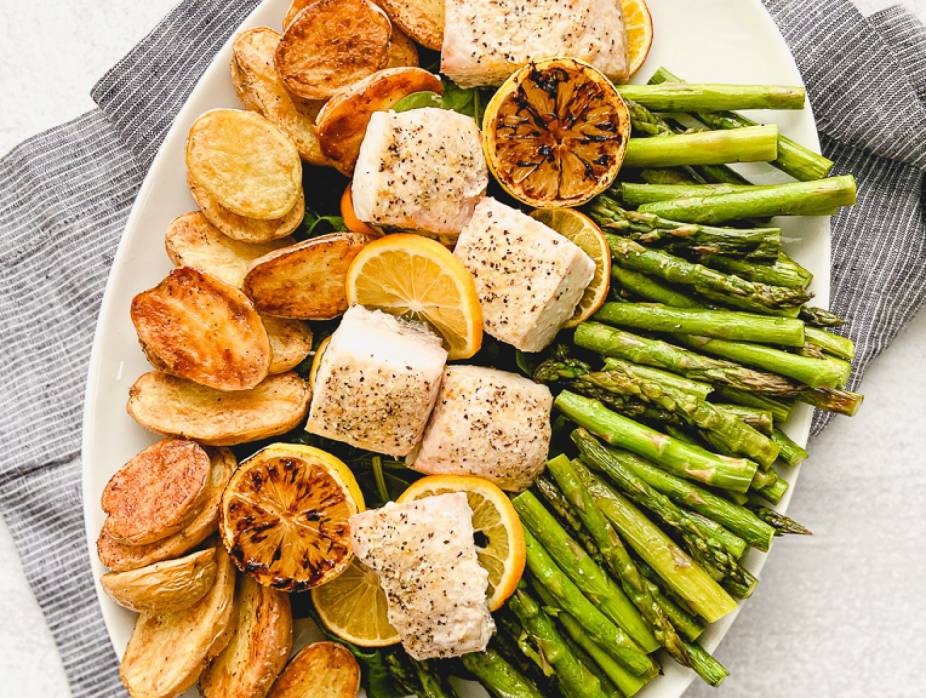By: Rivky Blumenfeld, Lubicom Staff
Rosh Hashanah is soon. Really soon. With this beautiful Yom Tov comes heightened spirituality, and not to mention the physical, like tablescapes, shopping for new clothes, finding the nicest cuts of meat, etc. but not many consider the aftereffects of a Yom Tov-induced shopping spree until it is too late. No one likes to think about the fallout: the credit card bill that comes in to remind you that you’re accountable for all that swiping.

So, why not be money-conscious going into this Rosh Hashanah, and breathe easy knowing that you’re not blowing a year’s salary on one Yom Tov! I spoke to Mara Strom (@kosheronabudget) to see what tips and tricks she had to offer for saving money and budgeting expenses over the holiday month.
To begin, Mara explained to me the importance of starting the Yom Tov process with a budget. People tend to back their way into a budget or make one after a week of shopping trips. This is most definitely not the way to go about saving money.
By setting a budget for every aspect of prepping – from clothes shopping to food shopping – you can see your boundaries before you buy that new dress or before you invite over that family of twelve, and this way you can see what is reasonably affordable for you. Start with the finances and you’ll be better prepared for the month to come.

Once you have your budget set, plan out all of your meals. Not just for Rosh Hashanah, but for the whole month of Yomim Tovim. There are things that can be done during the non-Yom Tov meals of the month that can help with the Yom Tov meals. For instance, make sure you’re not wasting food. A great way of doing that is by managing your food budget and menu planning. Without this, you end up with food in your fridge that you throw away, which is like throwing away money! However, when you know exactly what you’re making and buying you shop with intention, as opposed to blindly grabbing off the shelves things that will end up in the trash in about a week (which I’m sure we’re all guilty of).
Ok, so you’ve meal-planned and set your budget. Now it’s time to consider your guests, if you’re having any. Most proper guests will ask what they can bring, and like a good hostess, your first inclination will probably be to say something like, “You’re enough! You don’t need to bring anything but yourself!” essentially saying to not bring anything at all. This is the most common scenario, but for a budget-conscious Yom Tov, try taking your guest up on their offer, even if it’s a side dish! (Only tell them what to bring if they offer, don’t tell them to bring something if they don’t offer! That would be a major faux pas.) You can very easily say “Yes, thank you,” and tell them what to bring. This can save you anywhere from $15–$20 a meal, which really adds up over time.
Mara told me that she will occasionally invite a friend over for the end of Sukkot and they’ll potluck a meal, meaning that they will each contribute what they have left over from the entire Yom Tov and spend a nice meal together without spending too much money.
Along with planning your meals and budget ahead of time, you should start planning and shopping early. Buy something non-perishable on sale if you see it and you can stock up incidentally as you’re leading up to Yom Tov.
You can also allocate your costs over an annual basis. Oftentimes there are so many extra expenses from Rosh Hashanah, Sukkot, Passover, etc. that people can’t cash-flow it, meaning that they don’t have enough money in their checking account to cover these costs at the time. They end up paying this debt off in two or three months.

One way to plan your budget smarter is to determine in advance how much extra money you need for Yomim Tovim. Let’s say it’s an extra $1200. Instead of floundering around trying to come up with this sum in September, set aside $100 (or however much works best for you and your budget) a month for the whole year that you allocate for Yom Tov. It’s much easier to come up with $100 than $600! Stick these bits of extra money into your savings account and you can relax because you know that the money is there. This concept is called “amortization,” which is to essentially break down an expense into bite-sized monthly chunks.

Another interesting idea to consider is to make lighter meals. We tend to eat like royalty over Yom Tov, but by not going so heavy with the foods for all the meals, as Mara says, “Your wallet is going to thank you, and your waistline will thank you.” A cute idea is a buffet-style meal with a salad bar, which is lighter after all the heavy meat dishes, and it’s easy on the budget.
You should also be considerate of the needs of the people you’re serving. If you look at someone’s plate, you will most likely see it filled with a majority of side dishes that are a salad or some kind of grain. When the greater percentage of your plate is made of lower per pound items (like grains) than meats, you save money. Focus on the side dishes and fill the plate with more frugal items and your wallet will thank you later! Potato kugel is actually the most frugal thing you can make; you can cook trays and trays for a few dollars (and your family will thank you), so get grating and save yourself the headache of scraping enough money together for Yom Tov.
As Mara told me, “Figure out what’s most important to you,” and go from there!





